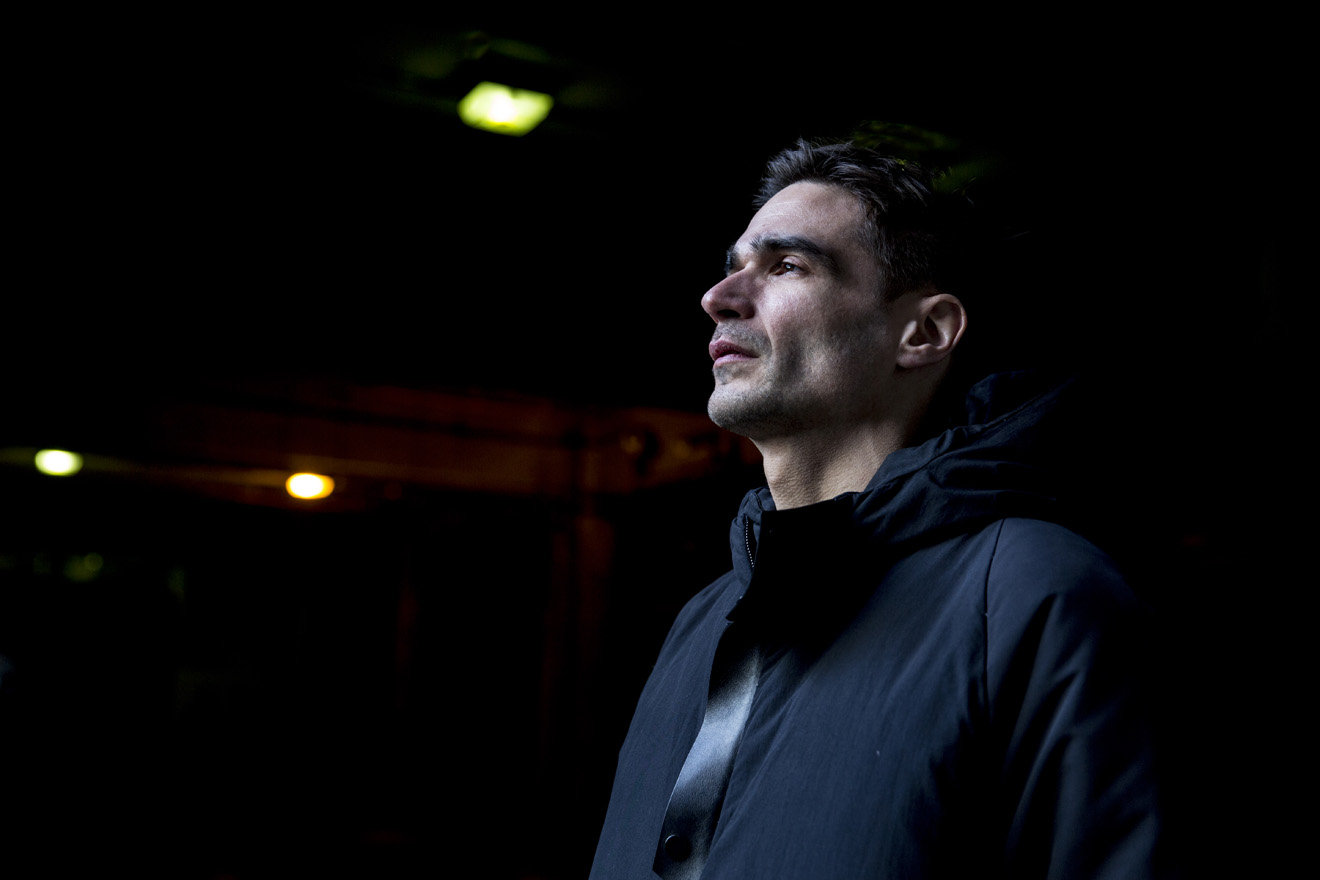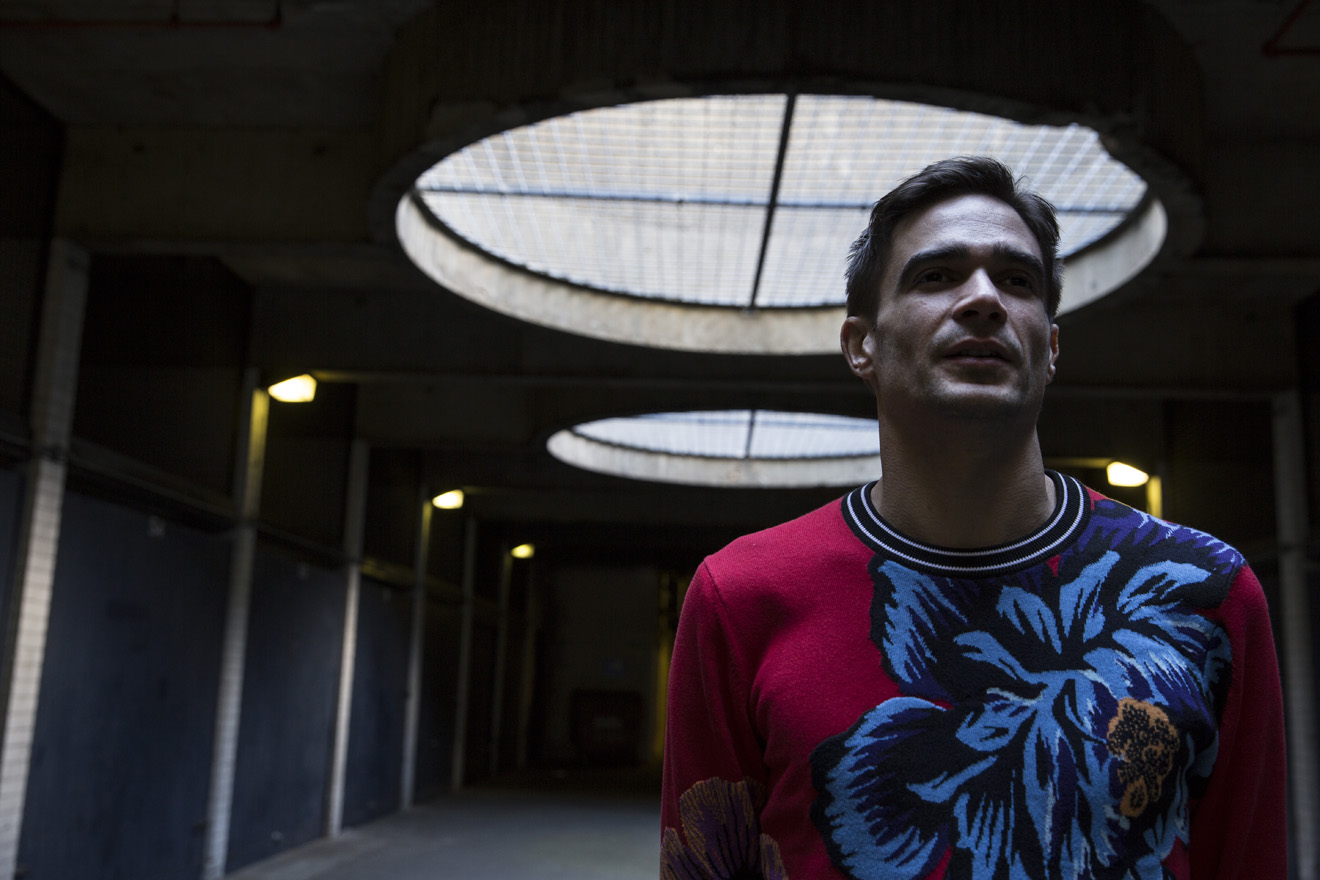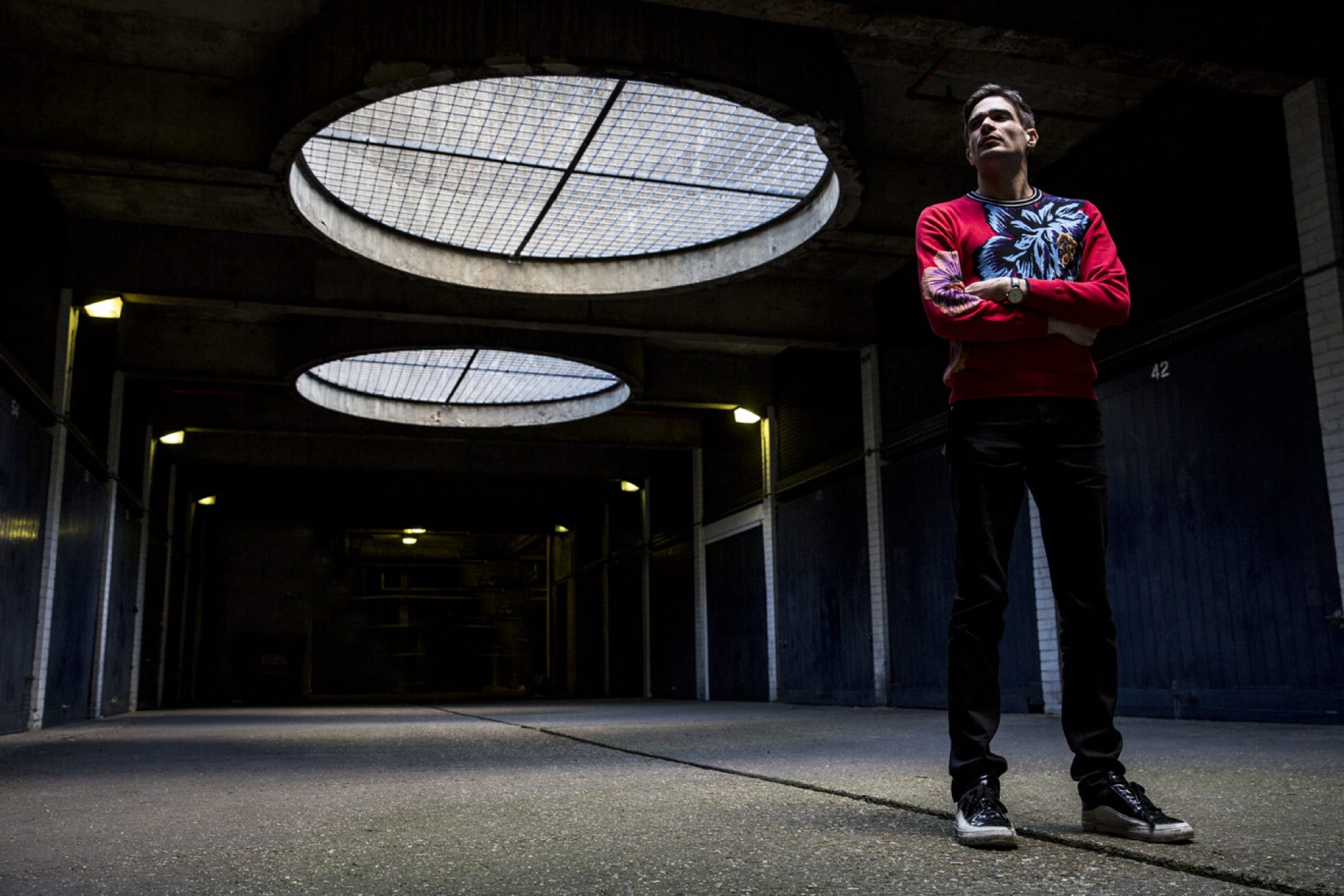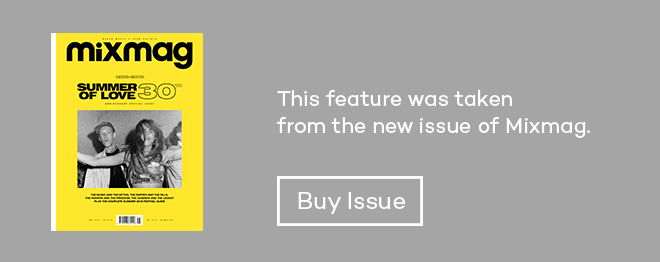 Artists
Artists
Jon Hopkins turned to meditation and psychedelics to overcome writer's block
His new album 'Singularity' is five years in the making
The history of music is littered with acts that seriously struggled to follow up a breakthrough album. And when Jon Hopkins came to record the follow-up to 2013’s brilliant ‘Immunity’, it looked like he was going the same way.
“I was close to giving up,” he says of the five-year writing process. “I wasn’t feeling like I was going to be able to get through the whole record.”
He started getting stuck in 2016, a year he describes as “grim, news-wise”, and became prone to waves of dizziness every time he entered the studio. “That happens for days and weeks and then you realise you’ve spent a month at home watching The Sopranos and not doing anything else. I had no strength; I have quite an inherent optimism about me usually, but I’d lost it.”
When Tony, Paulie and co didn’t quite shake him out of his stupor, Hopkins switched off the box-set and sought solace in his long-held interest in finding higher states of consciousness. A student of kundalini meditation in his 20s and later self-hypnosis, a type of relaxation that helped him unwind on tour, he was keen to see whether techniques like these might influence his music. First, he discovered the Wim Hof method, a breathing technique that “involves hyper-oxygenating the body, which can cause extraordinary, heart-opening feelings of universal awareness and all kinds of bollocks.” Within eight days, he says he was able to write again.


At the same time, he took up transcendental meditation and began experimenting with DMT, a naturally occurring psychedelic substance. He’d take it during legal psilocybin retreats in Amsterdam, and says that dropping out was rewarding for his imagination. “You have a strong trip that’s guided by people who are experienced in doing that. Ideas for music came flying into my head. The universe disappears, you’re greeted by these extraordinary beings, and it’s all pretty fucking far out.”
Perhaps it’s unsurprising, given that Hopkins’ music has always sounded as if it’s creating vast new worlds. His debut album, 2001’s ‘Opalescent’, established his style of soft pianos and pearly atmospherics (and, curiously, cropped up in episodes of Sex And The City). Chillout compilations, film soundtracks (Monsters, How I Live Now), work on two Coldplay albums, a London Grammar single, and work with Eno soon followed. ‘Immunity’ then changed the course of his career – or at least added a notable diversion – with its maximal machine music steeped in warm emotion which, played live, felt as if you were raving in your own personal cosmos.
It earned Hopkins a Mercury Music Prize nomination and an army of new fans. It also took him from being an unassuming piano dude under the mentorship of ambient overlord Brian Eno to one of dance music’s most in-demand electronic artists. His techno-skewering live show, which for his last tour included hula-hooping dancers in dayglo costumes, has gone global, though he is still able to fill both Brixton Academy and Berghain. In the past year he’s also cultivated a side job in DJing, a predictable side-effect of playing in so many dank club spaces worldwide.

But even though it was bound to happen, Hopkins admits that for a while he a frisson of imposter syndrome behind the decks. “I was on between Floating Points and Ben UFO at Dekmantel and I was like, ‘I’m really not at this level’,” he tells us. “But I think everyone secretly feels like they’re going to be outed as a fraud at some point, when in fact everyone’s worrying about their own sets, they’re not sitting there judging yours. I’ve been doing this for a year and a half now, and I don’t feel like a fraud any more. I feel like DJing is officially something I can do.”
Another thing is trusting his intuition. Hopkins no longer fears creative blocks as long as he’s having a good time, which, with a festival season that will take him everywhere from Melt! to Wilderness to Fuji Rock, shouldn’t be a problem. “Everything that happens to you goes deep into your subconscious,” he says, “so I’ve completely stopped trying to remember things; I just know that they’ve gone in and that they will find their way out into the music. Logically, I realised that all I had to do was have an interesting time, and then I would have an interesting album.”
Interesting is one word for it. Another is epic. Title track ‘Emerald Rush’ sounds not unlike worlds being torn apart and mashed together by bionic beings, with a rhythm that’s constantly slipping out of reach. It’s a production trick that Hopkins says has the effect of “stopping you from being able to follow it so much, so that you just let go and flow with it.”
No doubt it’ll have an even more transporting effect on a crowd of thousands with a battery of lasers firing overhead. But will it sound better if your mind is, you know, in another cosmic realm? “I don’t know about better,” he considers. “Genuinely, the goal is to try and transmit joyful feelings, or feelings of intense emotional depth and transcendence through this music. The goal is that people get lost in this stuff. That’s what I want to happen.”
‘Singularity’ is out via Domino now
Kate Hutchinson is a freelance writer, follow her on Twitter



